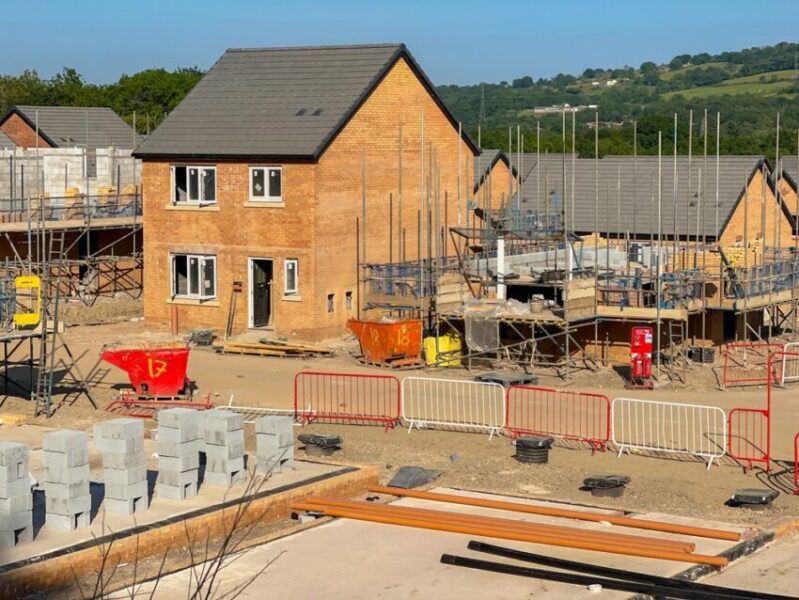As many as 4 million homes could be constructed on green belt land under Labour’s proposed planning reforms, according to analysis from property data firm LandTech.
Angela Rayner, the Housing Secretary, is advocating for a significant reform of the National Planning Policy Framework (NPPF). This could potentially free up substantial amounts of green belt land for housing development, particularly in London and the South East.
Ms Rayner’s vision to unlock “grey belt” land—previously considered unsuitable for development—forms part of Labour’s pledge to build 1.5 million homes within five years. However, recent findings suggest the scope of the reforms may far exceed expectations, potentially opening up 150,000 hectares of land for up to 4 million new homes.
LandTech’s study revealed that regions like East Surrey and Orpington are likely to experience substantial growth, with potential for 115,000 and 89,000 new homes respectively. The North West, which has the most potential grey belt land, could house up to 801,000 new homes. At the same time, London and the South East have the capacity to build 275,000 and 523,000 homes on green belt land.
Harry Quartermain, head of research at LandTech, remarked, “It’s radical because they have made it clear that there are circumstances in which development on the green belt is no longer inappropriate.” He highlighted Labour’s redefinition of grey belt land, which includes not only previously developed sites but also land that contributes minimally to green belt objectives, such as preventing urban sprawl.
Labour’s reforms are aimed at promoting sustainable development, allowing local authorities to contemplate green belt development if their existing land resources fail to meet housing targets.
The property sector cautioned that Labour’s target of constructing 1.5 million homes in five years could be too ambitious, but these changes are designed to prepare for sustained growth beyond this parliamentary tenure. Simon Coop, the senior director at Lichfield planning consultants, stated, “A long-term strategy is necessary to fix the housing crisis, it can’t be resolved in just five years.”
A representative from the Ministry of Housing, Communities and Local Government asserted, “We continue to uphold our commitment to the protection of the Green Belt…development will only be permitted if there’s a genuine necessity and not at the cost of the environment.”
The potential impact on both urban expansion and rural landscapes due to the green belt reform, which is at the core of Labour’s housing strategy, is likely to ignite continuous debate.










